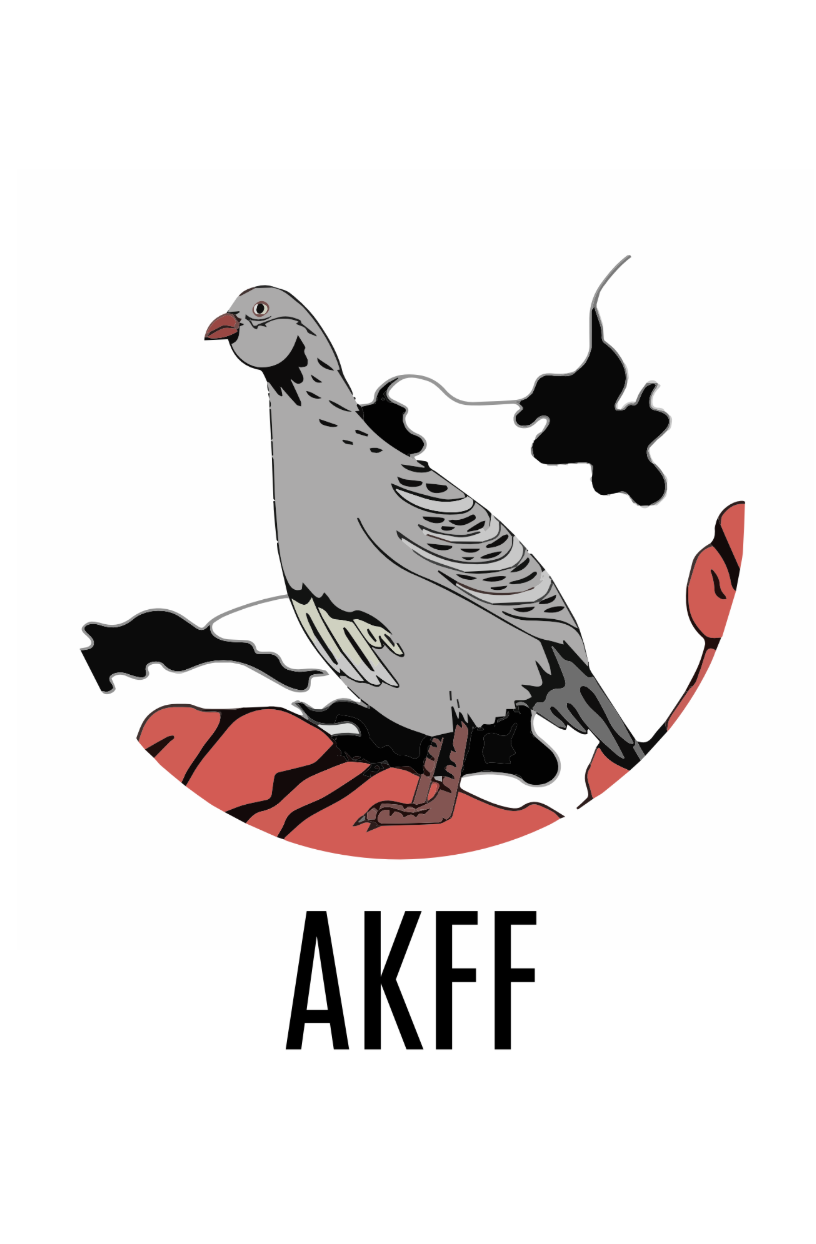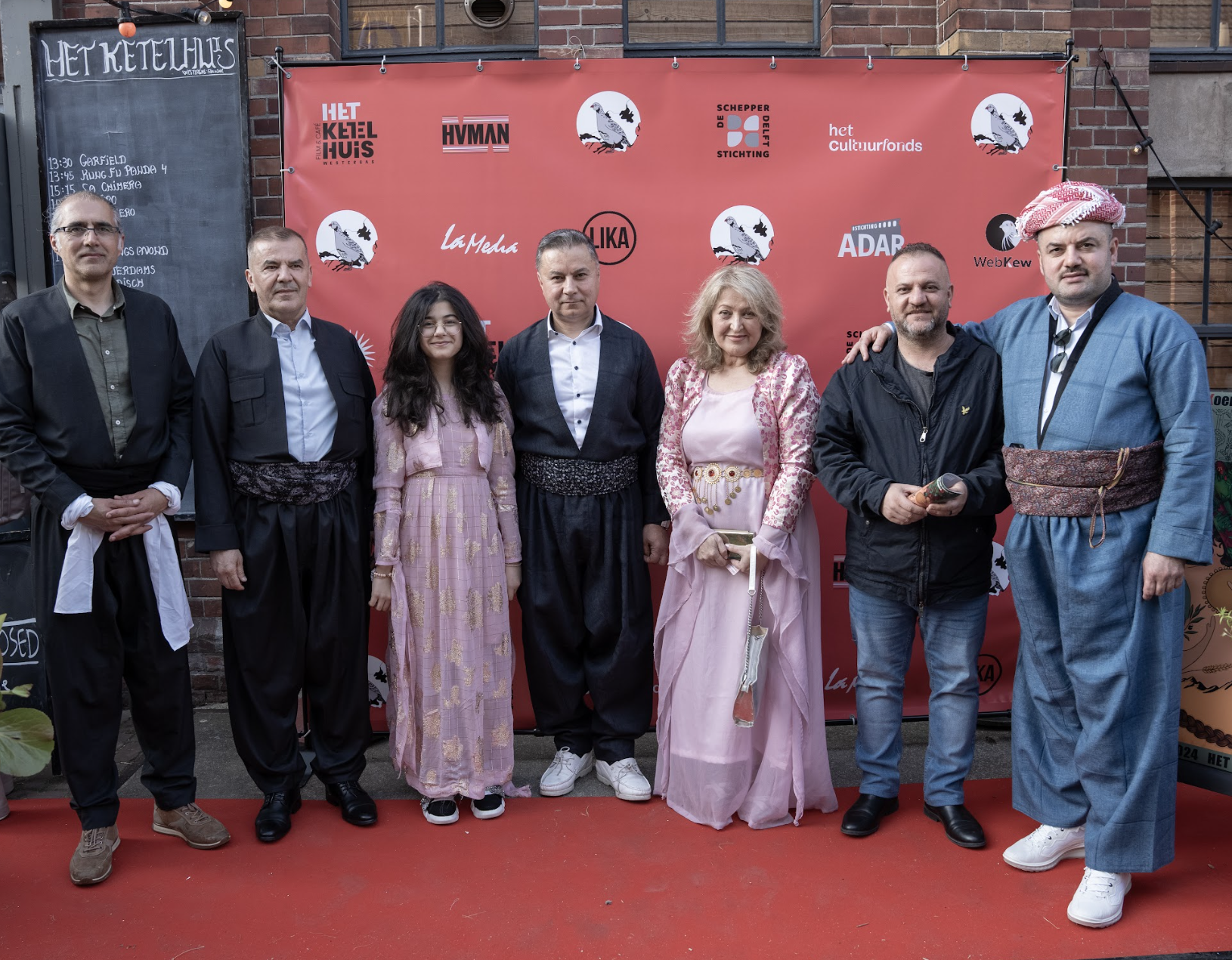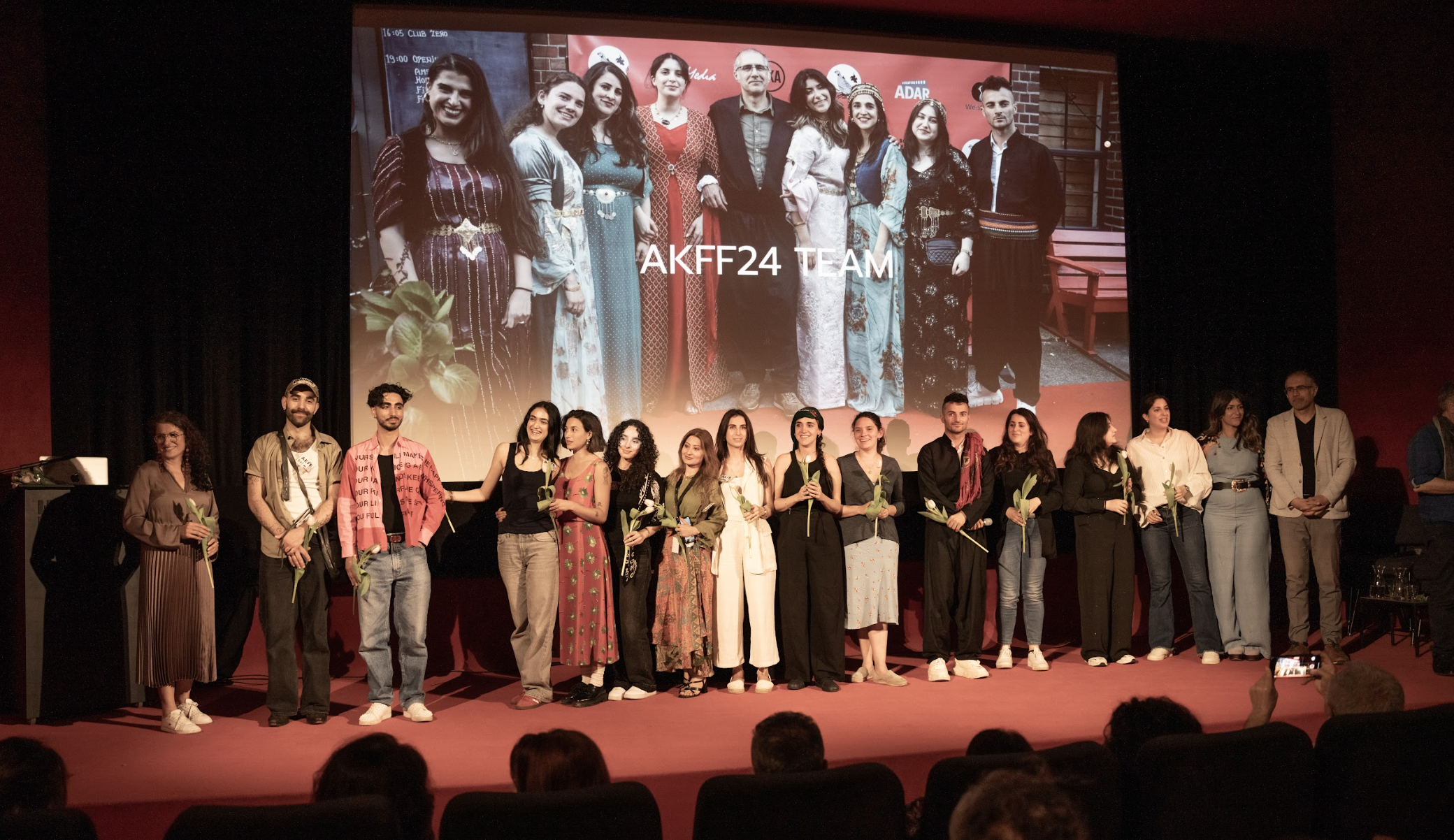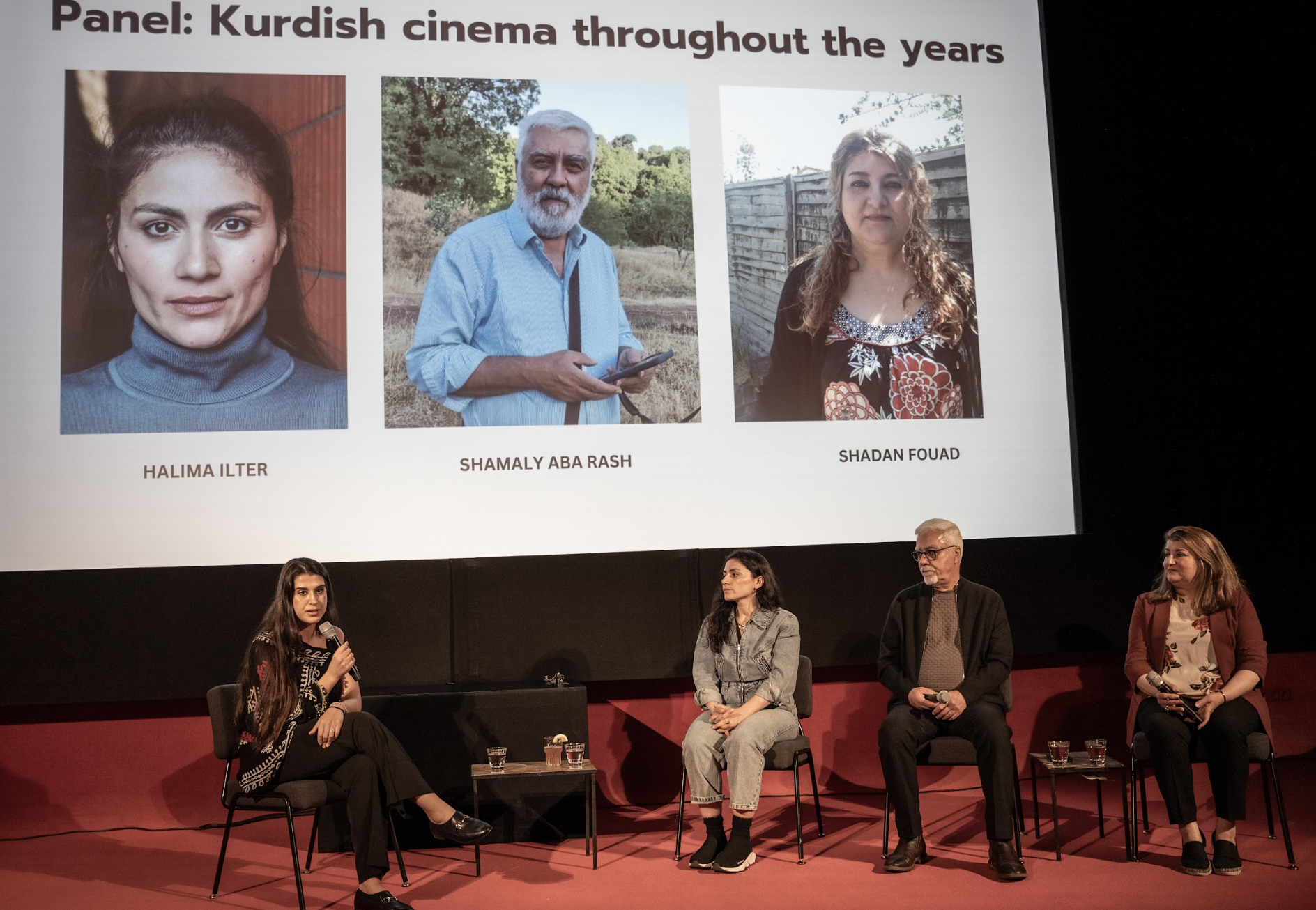The annual three-day Amsterdam Kurdish Film Festival (AKFF) will take place on May 9 to 11, 2025, at Het Ketelhuis cinema, bringing a vibrant selection of films and cultural activities to Amsterdam, the capital of the Netherlands.
“The AKFF is much more than just a film festival. It is a gathering space where Kurds and people from various backgrounds come together to share stories, form connections, and challenge taboos,” said AKFF Artistic Director Reber Dosky in an interview with Kurdistan Chronicle.
Launched in 2022, the festival focuses each year on a different region of Kurdistan.
“Kurdish cinema is a dynamic and diverse expression of stories from Iran, Iraq, Turkiye, Syria, and the diaspora. For AKFF, this art form reflects the complexity, resilience, and creativity of Kurdish society. In the first year, we explored Eastern Kurdistan (northwestern Iran), while last year’s theme was Western Kurdistan (northeastern Syria). This year’s theme will be Southern Kurdistan (Kurdistan Region of Iraq),” Dosky said.

Celebrating freedom
In 2025, the Netherlands will commemorate 80 years of freedom since the end of World War II, an occasion to reflect on the value of freedom and its global impact.
“For the Kurdish community, and specifically for Southern Kurdistan, freedom is not an abstract ideal, but a hard-won reality rooted in a complex history of struggle, resilience, and identity. This theme is central to the fourth edition of the AKFF,” Dosky said.
This year also marks the 34th anniversary of the 1991 Kurdish uprising against the former Iraqi regime. Though initially suppressed, the uprising led to the establishment of a Western-backed no-fly zone that protected hundreds of thousands of Kurds fleeing the regime’s onslaught.
This no-fly zone offered a degree of safety and autonomy, paving the way for the region’s first democratic elections in 1992 and the formation of the Kurdistan Regional Government (KRG). The uprising followed years of resistance and atrocities against Iraqi Kurds, including the genocidal 1988 Anfal Campaign, during which over 100,000 Kurdish men, women, and children were killed.

Dutch-Kurdish connection
The festival aims to attract the 100,000 to 150,000 Kurds living in the Netherlands while also introducing Dutch audiences to Kurdish cinema and culture. It features an extensive side program of music, dance, panel discussions, workshops, and culinary experiences.
“The festival acts as a bridge between the Kurdish diaspora and other communities in the Netherlands, fostering understanding and dialogue,” Dosky said. “Films and side activities together create a powerful platform for cultural exchange, creative expression, and education.”
Dosky emphasized that for second- and third-generation Kurds, the festival offers a chance to (re)discover their roots and connect with others who share the same heritage.
“For many, including a generation that had to flee or endure trauma, the festival offers a space to feel connected and gain new perspectives,” he added.
“The festival’s programming is designed to showcase both the rich history and the contemporary struggles of Kurdish life. By balancing mainstream appeal with niche storytelling, AKFF creates space for both seasoned filmmakers and emerging talent, while promoting a broader understanding of Kurdish culture and identity.

Supporting young talent
The festival also seeks to support a mix of established filmmakers with award-winning films on the one hand, and works by young, rising stars on the other. “With this approach, we hope to raise awareness, promote intercultural dialogue, and empower young talent,” Dosky noted.
AKFF operates its own academy, offering aspiring Kurdish filmmakers and Kurdish youth interested in film a unique opportunity to turn their creative ideas into real projects through workshops and mentorship.
“Young people can submit their film ideas to the AKFF Academy. From these submissions, 6 to 10 participants will be selected based on the originality, feasibility, and relevance of their concept and will take part in an intensive process over several months, working with experienced filmmakers to refine their ideas into strong film proposals.”
Thanks to a partnership with the Adar Foundation, the participant with the most promising film plan will receive a €3,000 grant to realize their project.
“This financial support enables young talent to realize their vision and take the next step in their filmmaking journey,” said Dosky.

Community and collaboration
This year, AKFF is working with its cultural partner La Media to promote the festival, while Webkew and Hebun are providing support with digital media outreach. Sponsors include Lika, Stichting Adar, the Culture Fund, the Schepper Delft Foundation, Stichting Human, PI Administration, and the Dutch Mathematical Institute.
“The AKFF has proven to be a professional and well-regarded cultural event in recent years, with a growing presence and strong foundation in the cultural sector. Our organization consists of an experienced team that is deeply rooted in both the Kurdish community and the Dutch cultural sector,” Dosky added.
“With multiple successful editions at Het Ketelhuis and a dedicated network of partners, volunteers, and sponsors, we have the experience and resources to organize a high-quality festival,” he concluded.
Wladimir van Wilgenburg is a seasoned reporter and analyst who specializes in Kurdish affairs, and holds a Master’s degree in Kurdish studies from Exeter University, UK.

